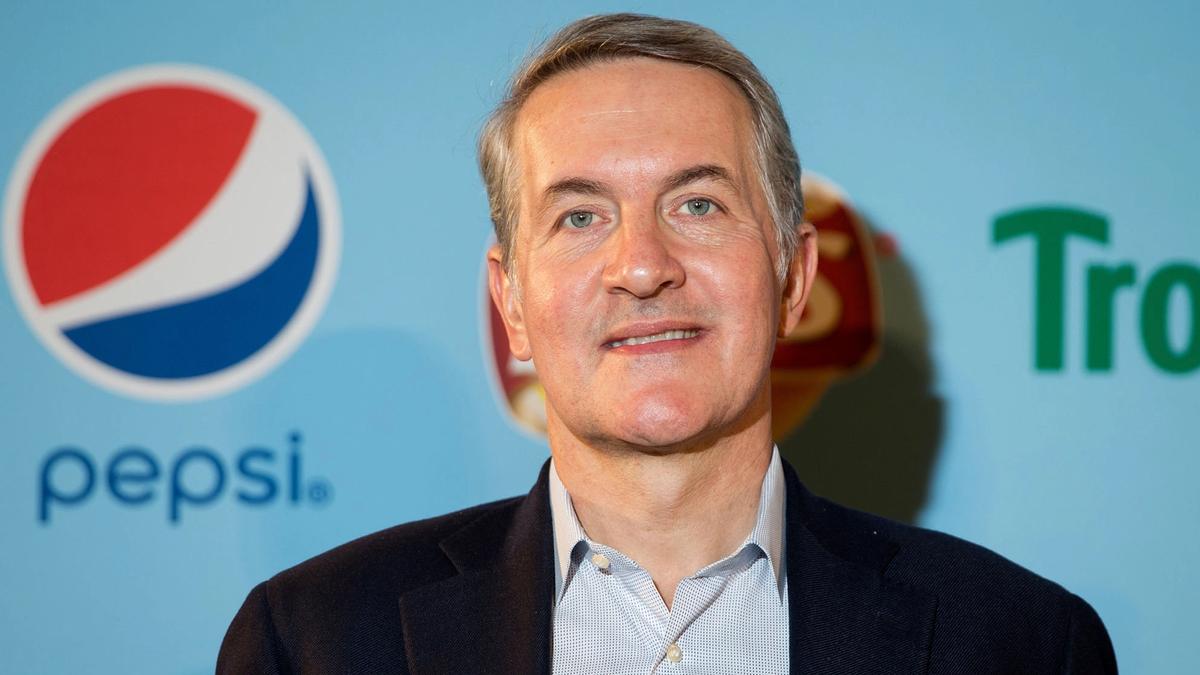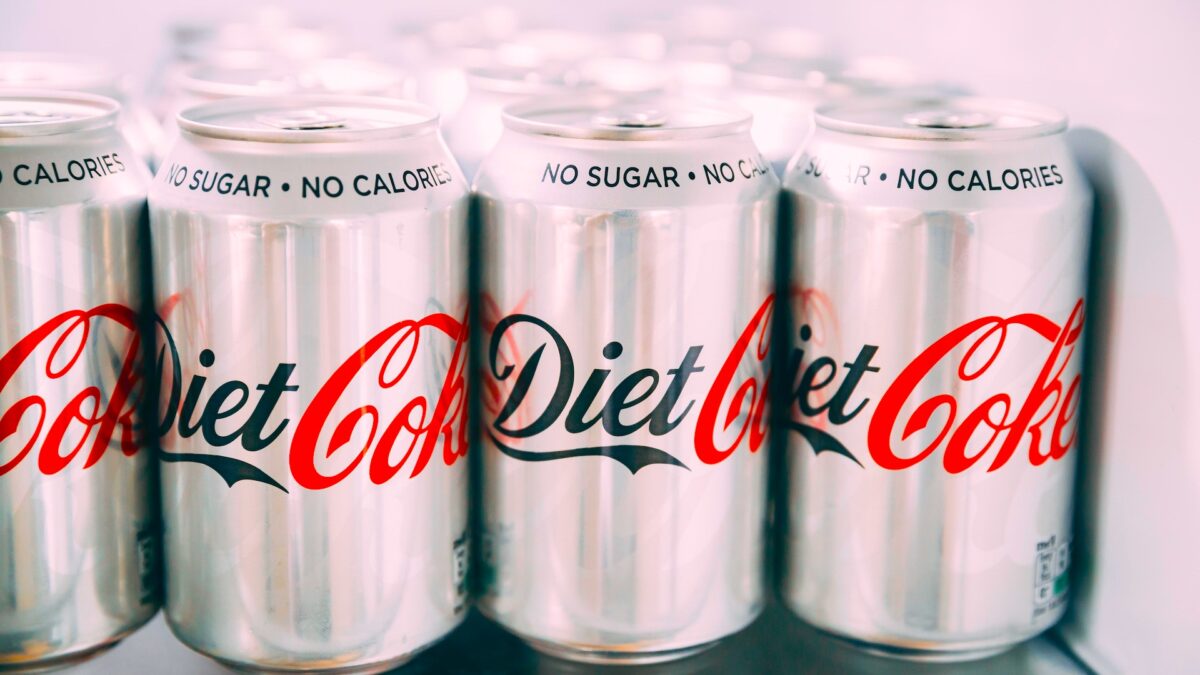People have been saying that Diet Coke causes cancer for years, but a recent decision by the world’s highest global health body has finally confirmed what we’ve all long suspected.
Health is a total minefield. From the counterintuitive and little-known risks of intermittent fasting to the terrifying repercussions of getting too little sleep, you can often find yourself wondering if there’s anything left out there that’s actually, uncomplicatedly good for you. Sadly, we’ve been dealt another blow today as the WHO has designated one of the world’s most popular soft drinks (or, more specifically, the active sweetener therein) a cancer risk, putting to bed endless debates that have raged in fitness communities for years.
One of the world’s most commonly used artificial sweeteners, aspartame – which is what sweetens Diet Coke – is set to be labelled as a possible carcinogen by the International Agency for Research on Cancer (IARC), a leading global health body affiliated with the World Health Organization (WHO). This decision has pitted the sweetener — which is used in many of the world’s most popular soft drinks and confectionery, not just Diet Coke — against the food industry and regulators.
According to insider sources, the IARC’s experts finalized their ruling earlier this month, stating that aspartame will be listed as “possibly carcinogenic to humans.” The purpose of their assessment was to determine potential hazards based on published evidence from scientific institutions around the globe, but they don’t actually make a ruling on safe consumption levels. That’s where the WHO comes in, which is allegedly preparing individual consumption guidelines issued by their expert committee on food additives, known as JECFA. There’s a lot of acronyms, but bear with us.
WATCH: Prefer your beverages with a harder edge? Take some advice from a pro…
Past IARC rulings on other popular ingredients have generated widespread concern, lawsuits, and even industry-wide pressure for recipe changes; this new ruling on aspartame is expected to create a similar ripple effect. While IARC’s assessments can admittedly be a little long-winded and confusing for the layman-led public, its hoped that the JECFA is also reviewing aspartame use this year’s review — which is set to be officially released on July 14th — will provide clarity and closure to the debate, much to the upset of the soft drinks and confectionery industries.
It would, however, be foolish for both the public and industry insiders to ignore the IARC’s ruling and rest on their laurels until the WHO releases its report, given the considerable weight of historic IARC’s rulings. In 2015, the committee concluded that glyphosate was “probably carcinogenic,” which has resulted in ongoing legal battles for massive companies like Germany’s Bayer.
However, the IARC has also faced criticism for causing unnecessary alarm and confusion with its different, complex levels of classification. Aspartame’s classification as “possibly carcinogenic” implies solid but ultimately limited evidence of its potential to cause cancer, hence the need for a WHO review to really seal its fate.
Unsurprisingly, industry stakeholders have expressed concerns about the timing of the IARC and JECFA processes, while requests for careful coordination have been made by American and Japanese regulators in a bid to avoid confusing the public or causing a potentially unnecessary uproar. The International Sweeteners Association (ISA) has questioned the scientific comprehensiveness of the IARC review, while the International Council of Beverages Associations has warned about misleading consumers into choosing sugary options over safe — and much healthier — no- and low-sugar alternatives.

Aspartame has been extensively studied over the years, and global regulators have repeatedly authorized its use after reviewing the available evidence. However, observational studies have shown a slightly higher cancer risk associated with the consumption of larger amounts of artificial sweeteners, including aspartame. The methodology of studies on both sides of the aisle has been questioned, including by the European Food Safety Authority (EFSA).
Major food and beverage companies have defended the use of aspartame, but recipe adjustments — like those made by PepsiCo — seemingly belie at least a small concession on the part of manufacturers and an awareness that balancing taste preferences with health concerns is set to be an ongoing struggle. Whatever the outcome of this fizzing debate may be, it serves as an unwelcome reminder that even the smallest sweet treats can leave a pretty bitter aftertaste.
Anyway, all this is to say that if you really like Diet Coke, you might want to snap up a few cans whilst you still, well, can… Or maybe the prospect of aspartame causing cancer might be enough for you to put down the pop for good. Cheers to that.
